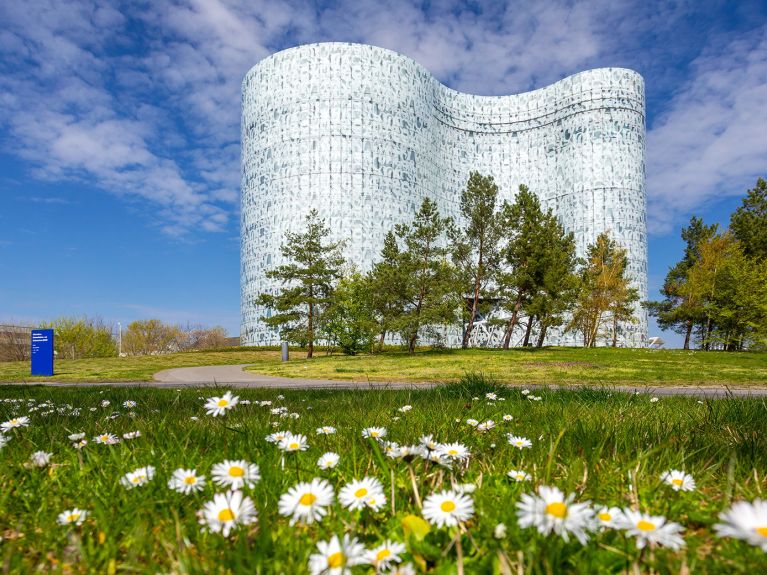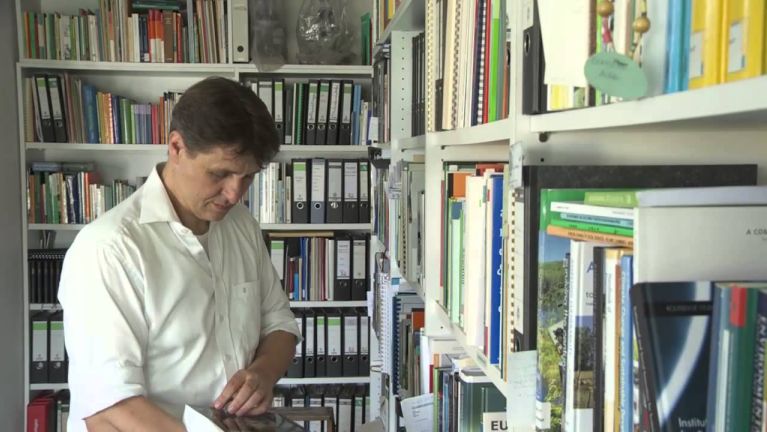You can study cultural preservation here
Learn how best to protect World Heritage at the international World Heritage Studies programme.

At first glance, Cologne Cathedral, the pyramids in Memphis, and the Great Barrier Reef in Australia have little in common. If it weren't for their special status, that is. They belong to the 1,154 sites to date that UNESCO has put on the World Heritage List. If you're interested in how such sites are looked after, protected and managed, you should check out the World Heritage Studies (WHS) study programme.
Dieses YouTube-Video kann in einem neuen Tab abgespielt werden
YouTube öffnenThird party content
We use YouTube to embed content that may collect data about your activity. Please review the details and accept the service to see this content.
Open consent formWhere can you study cultural preservation in Germany?
Germany's first (and so far only) World Heritage Master's degree programme was launched in 1999 at the Brandenburg University of Technology (BTU) Cottbus-Senftenberg. In 2003, the programme was renamed the UNESCO Chair in Heritage Studies. It is part of the UNITWIN cooperation network, which promotes partnerships between universities in more than 100 countries.

What's so special about it?
The four-semester Master's course is tailored to the UNESCO Convention on the Protection and Promotion of the Diversity of Cultural Expressions. There are cooperation agreements with the UNESCO World Heritage Centre in Paris, the German Commission for UNESCO, and many international cultural heritage organizations and universities. Participants can complete part of their studies at foreign universities and work on projects at World Heritage Sites. Furthermore, the German Academic Exchange Service (DAAD) makes it possible for the five best students at the BTU to study with a full scholarship in Australia based on an excellence partnership with Deakin University in Melbourne.
What is taught at the BTU?
The programme is international, intercultural and interdisciplinary. The courses are taught in English. The curriculum includes social science, monument conservation, architecture, ecology, administration, economics and international law. Two practical projects are also included. Many graduates later work in the management of World Heritage Sites, museums, universities, NGOs or directly at UNESCO.
What are the admission requirements?
Applicants must have sufficient English language skills and a Bachelor of Arts (BA) or degree in another subject that meaningfully complements the WHS programme.
You would like to receive regular information about Germany?
Subscribe here:



